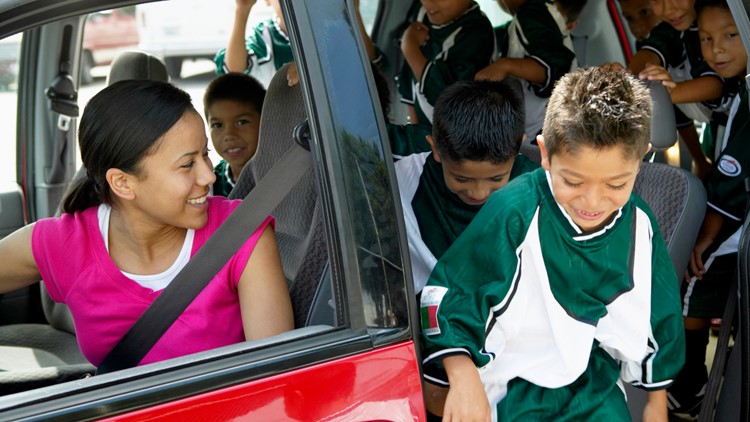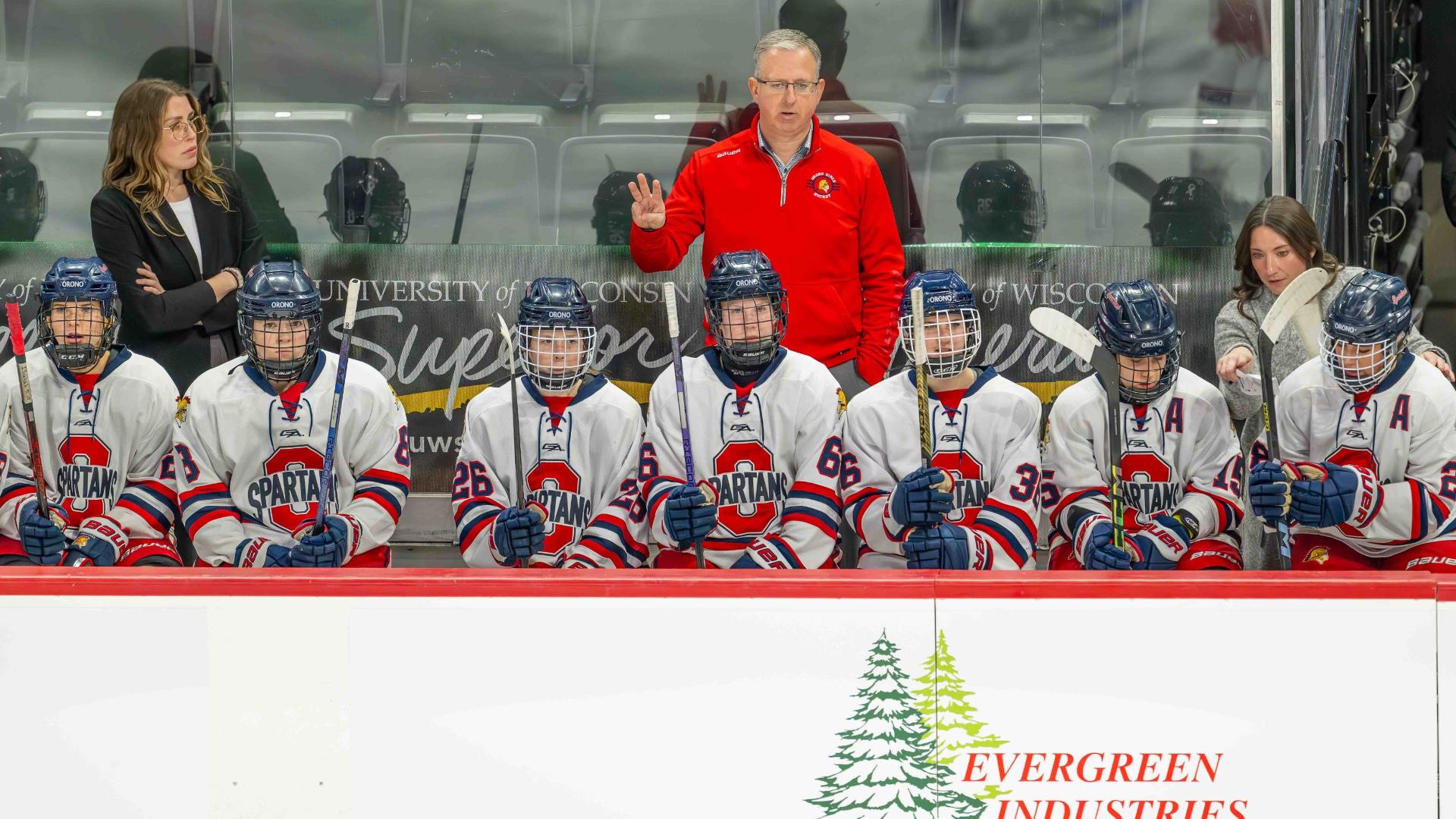GOLDEN VALLEY, Minn. — SportsLife is a recurring blog examining issues that impact young athletes, their families, officials and the greater community. Topics come from YOU: email them to news@kare11.com with SportsLife - Dana Thiede in the topic line.
Time... is the one thing there just doesn't seem to be enough of.
Most people will tell you that, but it's especially true for families immersed in youth sports. Between shuffling multiple kids to and from practices and games, scrambling to get everyone fed and to bed, while taking care of studies, church, and rest and recovery... it seems like there just aren't enough hours in the day.
Nicole LaVoi, Director of the Tucker Center for Research on Girls and Women in Sport, is an international expert on youth sports and the issues that accompany them. She has studied the impacts on family life that come along with having kids in athletics.
"Well, I think there’s a pro and a con. So the pro side is that sport can be a really positive experience for families to spend time together, to enjoy something they all enjoy, on the flip side when it becomes disruptive to family time, connecting and developing meaningful relationships with families, I think that can be disruptive," Lavoi explains.
"Families will often talk about meal time, religious services, study time, vacation time, things families do. When sports start interrupting across those contexts that’s when sport can start being a negative influence on families."
RELATED: SportsLife: Poison parents
LaVoi says parents often have the best intentions, swearing they will keep healthy boundaries and rounded lives, but then they get caught up in the demands of traveling teams, personal trainers and the like.
"So it might be 'I don’t want my kid playing on Sundays, I don’t want every night of the week for my child to be engaged in sport'" she says. "Kids need rest and recovery, that’s important, but then if I don’t specialize my child and don’t let them play constantly, then I’m a bad parent because I’m limiting their ability to achieve, to get on the competitive team and travel, you know, then it just amps up. So, a lot of parents have trouble finding and standing their ground, because the current system of sport is so pressure filled, that we just get on the treadmill and now we’re just going, and going."
It's not just parents that can lose perspective. Coaches often say at a season's onset that family is top priority, followed by faith (church) and then sport. When competition gets hot and heavy, however, and teams are battling for district championships and high seeds, missing a practice or game for confirmation can get a player benched.
"I think a lot of coaches set up that hierarchy, family, faith, sport, whatever it is, the hierarchy can vary. It sounds nice, until one comes into conflict with the other, and that’s when the rubber meets the road," Lavoi laughs. "And then it becomes, 'Oh, I actually really meant SPORT first.'”
Siblings, even those who aren't involved in sports, can get caught up in the whirlwind. Just about every sports family can tell stories about the little brother or sister who gets dragged along to the field or the arena because a sibling is playing and mom or dad has to be there.
LaVoi says coaches meetings at the beginning of the season are a good time to establish expectations and boundaries for athletes and their families. And even though it's not always popular, parents at times will have to lay down the law. Yep, it's a bummer to miss a tournament for a long-planned family getaway, but in the big picture it's healthier for everyone.
"I think it depends on the family, depends on the child, and it depends on the parents perspectives on this, but I think it’s important for families to reevaluate every so often, 'is this good for us, is this good for our child, is this what we want for our family?' And I think a lot of families get in the system, they go and they don’t look back."
"Parents have to guide and educate children as to what’s best for them, and if that’s rest and recovery, or spiritual time, or vacation time, 'we’re doing this as a family because…' and then give the reason," LaVoi says.
"You have to explain to children why this is important, and life isn’t all about sports. All the time. 24/7. There’s other things to life, and that’s important too."
Additional resources on being a better sports parent
LISTEN: Youth sports, child health and character development - Candid reflections and practical tips



